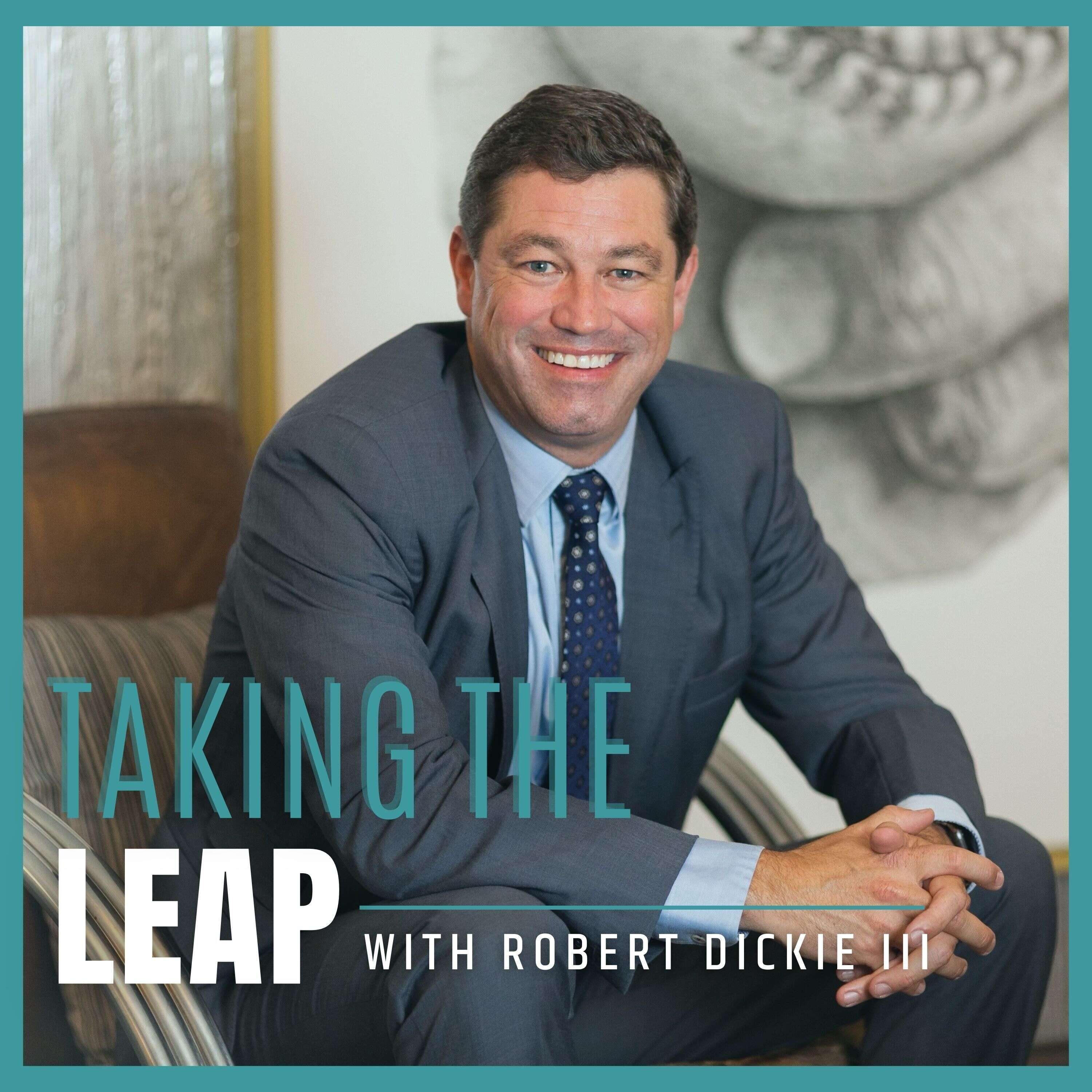From Entrepreneur to Enterprise Sales - Jim Stirewalt
Jim Stirewalt started his career as an entrepreneur at the urging of his father. After growing and selling his company and learning the art of sales he jumped into enterprise sales, growing and leading international sales teams for iconic companies such as Kronons, SAP, and IBM. As Vice President of SAP, leading the Fashion and Retail business Jim helped grow the business by 247% in his final two years. Jim was head of World Wide Sales for IBM Watson Customer Engagement. During this time, he led the transformation of a 1,600-person sales team in charge of $1.6B in software sales. Furthermore, he helped lead an AI initiative to disrupt markets leading to a pipeline of new business over $100M. He later was part of a $2B divesture of the IBM Watson Customer Engagement business. He also has been the Chief Revenue Officer of CoreMedia Corp, President of Marketplacer, and SVP and Managing Partner of GreyOrange. Jim has vast experience in business, ranging from start-ups to global enterprises. Show Notes:
4:00 – Jim’s origin and the beginning of his fascination for building businesses. Jim talks about
his entry into graphic design and the development of his small business and how he grew it into
a full-service agency over a 7-year span.
13:45 – Jim breaks his journey into three parts: entrepreneurialism (“hustle and sell”), the
power of the network, and execution.
19:00 – Jim talks about how he took the sales leader skills that he learned early on in his career
and took it into his role in corporate America.
23:00 – Bob asks Jim’s advice that he would give to young people who might have a friend or a
peer or mentor who is approaching them and trying to give them executive coaching. Jim’s
advice, “seek people’s feedback actively.” Quote - “Pride is the biggest hindrance to growth.”
28:15 – Jim is in the second stage of his career. He discusses the failures and
successes he has experienced and the lessons he is learning. The importance of knowing the
product, the value proposition, and how it fits into the market. The 3 key elements of a
successful deal are: First, execution sponsorship, Second, business value assessment, Third, mutually agreed sequence
of events.
40:00 – Jim applies his learnings to a direct-to-consumer model. Jim discusses the consumption
gap.
50:20 – Bob asks how Jim handles the complex changes and difficulties he experienced in his
career. Jim talks about his experience before announcing a vast change in the company.
53:45 – Bob talks about how there will be times in your career where you will be facing a
challenge or obstacle that is high stress and high stakes and you’re asking yourself, “how am I
gonna execute this particular challenge?” Bob gives the advice to operate with a high level of
character and integrity and be honest and take good care of your people. Jim advises to
embrace the situation wholly and to force yourself to be adaptable.
59:00 – Bob and Jim discuss how to embrace the challenging times we have faced and will
continue to face. Jim talks about the importance of adaptability and resilience.
1:04:00 – Bob asks Jim if he has ever found himself in a spot in his career where the timing was
bad, where the product or service was “past its sell date”, or the economy was moving in
another direction and how did he pivot out of these times.
1:10:00 – Jim shares his experience and the challenges of scaling small, start-up companies.
Jim shares the quote, “fail fast forward,” meaning to make a plan, learn from it, readjust, execute
1:15:30 – Bob begins asking rapid-fire questions. Jim gives advice for young people when
facing adversity, what books he is reading at the moment, the “imposter syndrome," how pride
can be connected to insecurity, and more.
Quote - “I grow the most when I am

